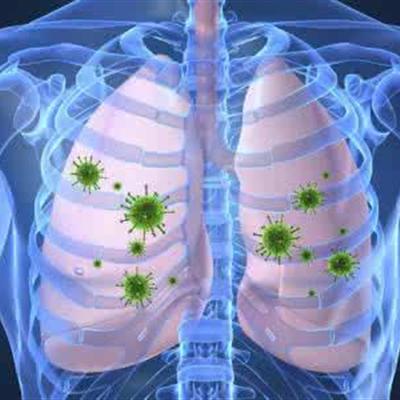Symptoms at 24 weeks of pregnancy
summary
At 24 weeks of gestation, the fetus is about 25-30cm in length and 500-550g in weight. At this time, the baby begins to fill the whole space in the mother's womb. At this time, the baby's skin is thin and there are many small wrinkles, covered with small fetal hair. Tell us about the symptoms of pregnancy 24.
Symptoms at 24 weeks of pregnancy
At 24 weeks of gestation, although the fetus gained a lot of weight, the baby still looks very thin, but his body is growing harmoniously and will soon increase more fat. Baby's skin is thin, wrinkled and translucent. His brain develops very fast, and the taste buds may be playing a role now. His lungs are developing "branches" of the respiratory "tree" and lung cells responsible for secreting surfactants, a substance that helps the lung alveoli expand more easily. Sweat glands are forming. The fetus coughs or snores, and when he snores, you feel like a knock. As the fetus develops its body, it gradually becomes a conscious and responsive person. He looks and behaves like a baby at birth.

If your fetus is born at this time, it is possible to survive under the careful care of the doctor, but it is less likely to survive. With the development of medical science and technology, there will be more and more preterm fetuses can survive in the environment outside the mother's uterus. However, we should try our best to avoid this situation from diet and exercise. After all, the congenital condition of premature infants is not as good as that of full-term infants.

The 24 week old fetus is now more than 25 cm long and weighs more than 500 grams. Baby at this time in the mother's womb occupied a considerable space, began to fill the whole space. At this point, the baby's body begins to be proportioned. At this time, the baby's skin is thin and there are many small wrinkles, covered with small villi.

matters needing attention
During pregnancy, various forms of vitamin D are transported to the fetus through the placenta. As excessive vitamin D is prone to poisoning, China, the United States and Japan recommend a daily intake of 10 micrograms (400i-u). Because the vitamin D content in natural foods is very low, and many foods do not determine the vitamin D content, so you can supplement some vitamin D fortified milk appropriately.











